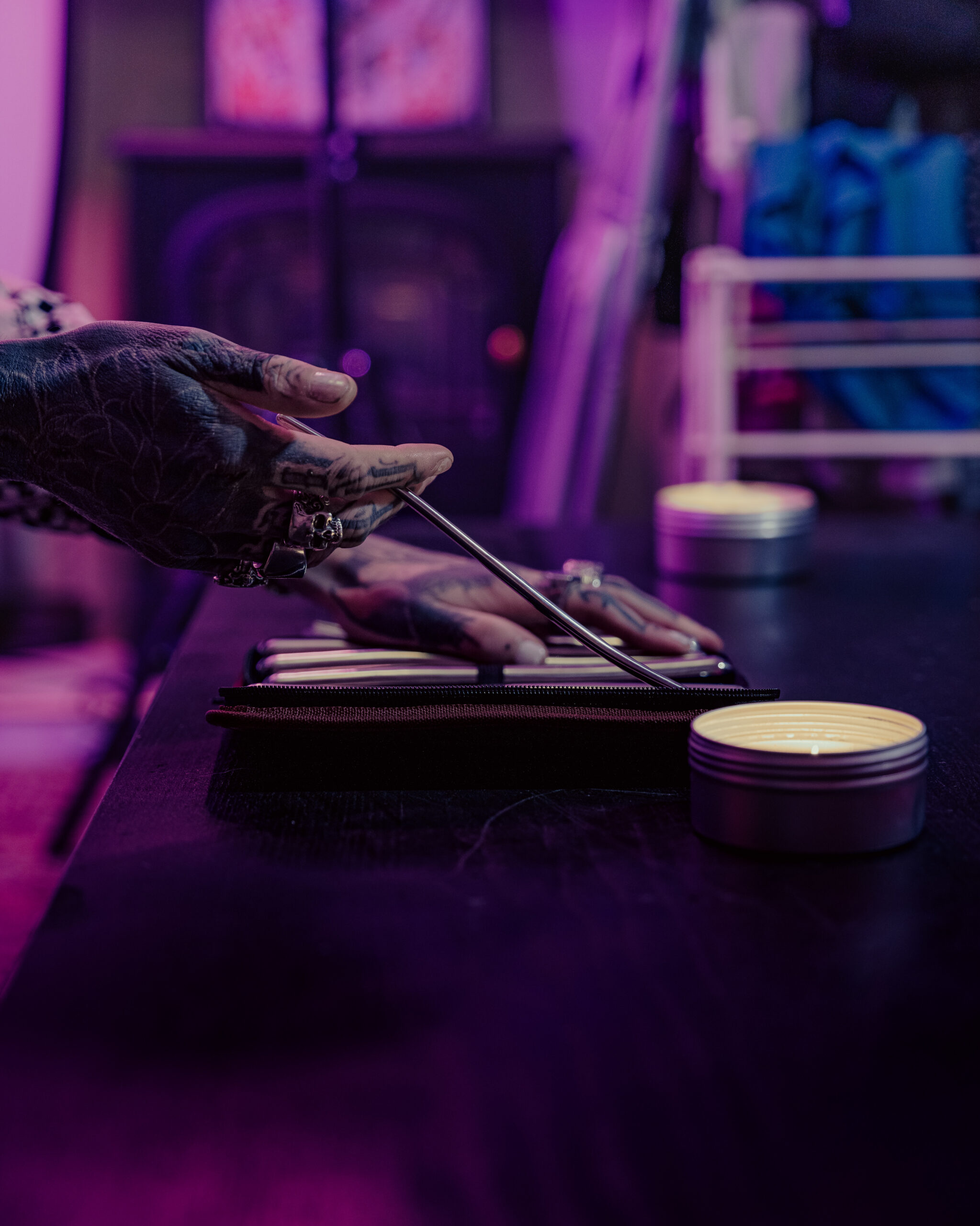Characteristics of a Secret Partner
A secret partner, also known as an “invisible” or “hidden” partner, refers to someone who provides financial support to a romantic relationship without acknowledging their role or taking credit for it. This arrangement often occurs when one person is unwilling or unable to open up about their financial situation, leading to a power imbalance in the relationship. Secret partners may be motivated by various reasons such as fear of judgment, shame, or a desire for control over their partner’s life.
Financial Support
A secret partner is someone who provides financial support to another person without publicly acknowledging or disclosing this arrangement. This type of partnership can manifest in various ways, including but not limited to emotional, psychological, and physical intimacy.
Characteristics of a secret partner may include being discreet and private about their involvement, avoiding public displays of affection or acknowledgment, and possibly maintaining a separate financial life to avoid detection. Secret partners often prioritize the other person’s needs and desires over their own, and may experience feelings of guilt, shame, or anxiety due to the secrecy surrounding their relationship.
Secret partnerships can be difficult to recognize, as they often blur the lines between personal and private relationships. However, common signs include unusual patterns of financial support, sudden changes in behavior or lifestyle, and an emphasis on maintaining secrecy at all costs.
Causes and Contributing Factors
A secret partner, also known as stashing, occurs when an individual has multiple romantic relationships simultaneously, often without openly acknowledging or disclosing their involvement in each relationship.
Emotional Connection
Stashing refers to the practice of secretly contributing financially to an individual’s relationship, often in secret from their partner or spouse. This can be done by hiding financial transactions, such as paying bills or making purchases, without the other person’s knowledge or consent.
The causes and contributing factors of stashing are complex and multifaceted. In some cases, it may stem from a desire to avoid conflict or tension in the relationship. For example, if one partner is anxious about discussing finances, they might turn to secret stashing as a way to maintain financial control without starting an uncomfortable conversation.
Another factor contributing to stashing is insecurity and low self-esteem. An individual may feel unworthy of their partner’s love or financial support, leading them to hide their contributions from view. Additionally, past experiences of emotional abuse or neglect can also contribute to the development of stashing behaviors.
The emotional connection underlying stashing is often rooted in feelings of guilt, shame, and anxiety. Secret contributors may feel that they are doing something wrong by providing financial support without being acknowledged or appreciated. This can lead to a sense of isolation and disconnection from their partner, exacerbating the negative emotions associated with stashing.
Stashing can also be driven by a desire for power and control in the relationship. By hiding their contributions, secret partners may feel that they are maintaining an advantage or status over their partner, who is unaware of their financial support.
Furthermore, societal pressures and cultural norms can also play a role in stashing. For example, individuals from cultures that emphasize individualism and self-reliance may be more likely to engage in secret stashing as a way to maintain independence and autonomy in their relationship.
Signs You’re Involved with a Secret Partner

A secret partner, also known as a stashed or hidden partner, refers to an individual who maintains a romantic relationship without openly acknowledging their involvement to others, often keeping it a private or covert arrangement.
Unresolved Financial Issues
Being involved with a secret partner can be a stressful and confusing experience, particularly when it comes to financial matters. One common trait shared by individuals in secretive relationships is an unresolved financial situation that seems hidden or unaddressed.
One of the most significant signs that you’re involved with a secret partner is if you find yourself covering up or hiding your financial transactions, such as loan payments, credit card expenses, or other debt obligations. This can be done through various means, including co-signing loans, creating joint bank accounts, or even using someone else’s social security number to obtain credit.
Another indicator of a secret partnership is if you notice inconsistencies in your partner’s financial statements or if they seem evasive when asked about their income or expenses. They may also be hesitant to discuss their long-term financial goals or future plans with you, which could be a sign that they’re hiding something.
Additionally, being involved with a secret partner can lead to unresolved financial issues due to the lack of transparency and communication in the relationship. You might find yourself shouldering the entire burden of financial responsibilities, or feeling like you’re not on an equal footing when it comes to making financial decisions.

It’s also worth noting that people in secretive relationships may use various tactics to hide their true financial situation, such as misrepresenting their income, manipulating expenses, or using deception to avoid paying bills or debts. This can lead to a sense of anxiety and uncertainty about the future of your relationship and your financial well-being.
If you suspect that you’re involved with a secret partner, it’s essential to take steps to protect yourself financially and emotionally. This may involve seeking independent financial advice, creating a separate bank account for personal expenses, or even considering ending the relationship altogether.
Risks and Consequences
Risks and consequences are inevitable aspects of human interaction, particularly when it comes to matters of the heart. In relationships, being a secret partner can be a high-stakes game, where emotions run deep and the potential for hurt or betrayal is ever-present.
Emotional Strain
Risks and consequences can be significant emotional strains for individuals in secret partnerships. One major concern is the potential for feelings of guilt, shame, or anxiety due to the secrecy itself. Keeping a relationship hidden from friends, family, or colleagues can lead to feelings of isolation and disconnection, even if you’re with someone you care about.
Another risk is the possibility of being discovered, which could have severe consequences on your personal life, relationships, and even career. Being outed as a secret partner can damage reputations, erode trust, and lead to social and professional repercussions.

Emotional strain is also a significant consequence of secret partnerships. The constant need to maintain secrecy can be mentally exhausting, leading to stress, anxiety, and feelings of being “on edge.” This emotional toll can affect your overall well-being, relationships with others, and even your physical health.
Furthermore, secret partnerships can create power imbalances and unequal relationships, where one partner has more knowledge or control over the relationship’s secrecy. This can lead to feelings of resentment, jealousy, or even manipulation, further straining the relationship and causing emotional distress.
Recovering from a Secret Partnership
Recovering from a secret partnership can be a complex and emotionally charged process. It’s often characterized by feelings of confusion, guilt, and shame, as well as a deep-seated fear of being exposed or rejected by others.
Open Communication
Recovering from a secret partnership can be a complex and emotional process. When a relationship is kept hidden from others, it can create a sense of isolation and disconnection. One partner may feel like they’re carrying the weight of the entire relationship on their own, while the other partner may feel free to move on with their life without any consequences.
The secrecy surrounding a secret partnership can also lead to feelings of guilt, shame, and anxiety. Partners may struggle with reconciling their emotions and come to realize that the relationship was toxic or unhealthy. In some cases, one partner may need to re-evaluate their own values and boundaries in order to move on from the relationship.
Open communication is crucial when recovering from a secret partnership. It allows each individual to process their emotions, express themselves freely, and work through any unresolved issues. This can involve seeking out therapy or counseling, talking to trusted friends or family members, or engaging in self-reflection and journaling.
A crucial aspect of recovering from a secret partnership is acknowledging the impact it had on your life. Recognizing how the relationship affected your emotional well-being, relationships with others, and overall sense of identity can help you begin the healing process. By confronting these feelings and taking steps to heal, individuals can move forward and rediscover their own values, needs, and desires.
Preventing Future Secret Partnerships
As the saying goes, “what you don’t know can hurt you,” and in the realm of relationships, this adage rings particularly true when it comes to secret partnerships. A secret partner, also known as a stashed partner or hidden partner, is someone with whom one has a romantic relationship outside of their primary partnership. This arrangement can be detrimental to the health of both partners’ relationships, causing emotional distress, jealousy, and mistrust.
Clear Communication
Secret partnerships can have far-reaching consequences, both for individuals and organizations involved. One such consequence is that they often go unreported or unnoticed by external stakeholders, including regulatory bodies and the general public.
- Avoiding transparency can lead to a lack of accountability, allowing secret partnerships to operate outside the bounds of established laws and regulations.
- Moreover, secret partnerships may involve conflicts of interest or unethical behavior that are not disclosed to those affected.
- This can erode trust in institutions and organizations involved in these partnerships, leading to a breakdown in public confidence.
To prevent future secret partnerships, it is essential to promote clear communication and transparency within organizations. This includes establishing robust reporting mechanisms, conducting regular audits, and enforcing strict confidentiality policies.
Shop premium male condoms at Peaches and Screams Buy butt plug sets for a complete experience at Peaches and Screams Shop penis dildos for lifelike sensations at Peaches and Screams Explore Electrastim electro-sex and medical fetish toys at Peaches and Screams Shop willy moulding kits for fun, personalized play at Peaches and Screams Buy plus-size crotchless lingerie and panties at Peaches and Screams
Aron Marquez Divine Magazine W1 Wellness
- Why Can’t I Get Lip Filler While Pregnant - November 17, 2025
- What Is The Average Size Of A Joint? - November 14, 2025
- What Age Should You Stop Getting Fillers? - November 13, 2025
